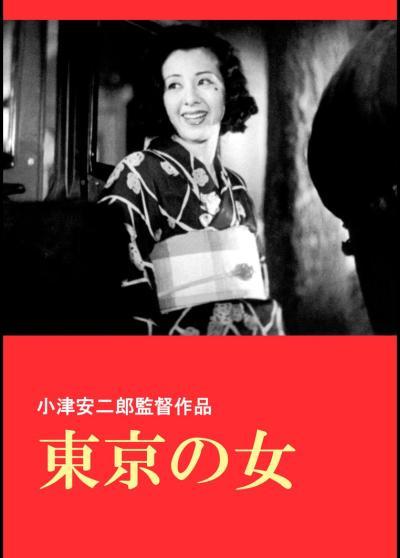Woman of Tokyo

Ryoichi stays with his sister, Chikako who is supporting his education. He is looking forward to marriage with Harue when he found out about his sister’s night work. Woman of Tokyo is an uncharacteristically bleak and melodramatic film by Ozu released in Feb 1933. The film draws parallel with Ernst Lubitsch’s If I Had a Million (1932). In a film-within-film set up, Ozu quoted fragments of the Lubitsch film in Woman of Tokyo, drawing several parallels between them. Another mystery to the film is its duration – only 47 minutes. While considered by both domestically and internationally to be "the most Japanese of all directors", Ozu’s fondness for American films was well known and he later told Donald Richie that he particularly liked those of Ernst Lubitsch. During the war, he was stranded in Singapore and spent days at the old Cathay building watching American films confiscated by the Japanese Army. Amongst the films he watched and admired greatly are seminal works as Orson Welles' Citizen Kane and Alfred Hitchcock's Rebecca. A famous sequence in the film: Ryoichi and Harue going to the movies when Harue receives the horrible telephone call. This received a treatment in Noel Burch's To the Distant Observer, and a strong rebuttal in David Bordwell's Ozu and the Poetics of Cinema. (Tan Bee Thiam, Asian Film Archive)